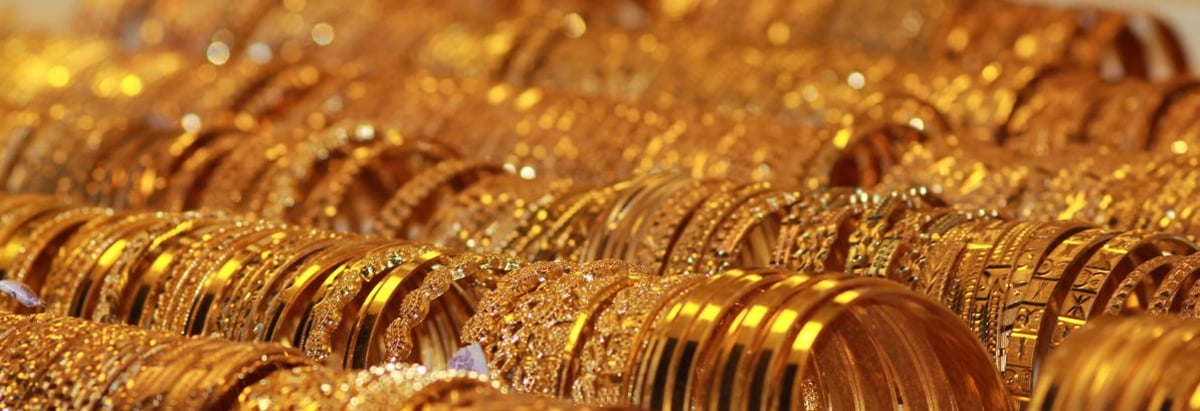- United Kingdom
- /
- Metals and Mining
- /
- LSE:POLY
Shareholders Would Enjoy A Repeat Of Polymetal International's (LON:POLY) Recent Growth In Returns

If you're looking for a multi-bagger, there's a few things to keep an eye out for. Firstly, we'd want to identify a growing return on capital employed (ROCE) and then alongside that, an ever-increasing base of capital employed. This shows us that it's a compounding machine, able to continually reinvest its earnings back into the business and generate higher returns. Speaking of which, we noticed some great changes in Polymetal International's (LON:POLY) returns on capital, so let's have a look.
What is Return On Capital Employed (ROCE)?
For those who don't know, ROCE is a measure of a company's yearly pre-tax profit (its return), relative to the capital employed in the business. The formula for this calculation on Polymetal International is:
Return on Capital Employed = Earnings Before Interest and Tax (EBIT) ÷ (Total Assets - Current Liabilities)
0.37 = US$1.5b ÷ (US$4.8b - US$740m) (Based on the trailing twelve months to June 2021).
Thus, Polymetal International has an ROCE of 37%. In absolute terms that's a great return and it's even better than the Metals and Mining industry average of 18%.
Check out our latest analysis for Polymetal International

Above you can see how the current ROCE for Polymetal International compares to its prior returns on capital, but there's only so much you can tell from the past. If you're interested, you can view the analysts predictions in our free report on analyst forecasts for the company.
What Can We Tell From Polymetal International's ROCE Trend?
Polymetal International is displaying some positive trends. The numbers show that in the last five years, the returns generated on capital employed have grown considerably to 37%. The amount of capital employed has increased too, by 105%. This can indicate that there's plenty of opportunities to invest capital internally and at ever higher rates, a combination that's common among multi-baggers.
The Bottom Line
In summary, it's great to see that Polymetal International can compound returns by consistently reinvesting capital at increasing rates of return, because these are some of the key ingredients of those highly sought after multi-baggers. And investors seem to expect more of this going forward, since the stock has rewarded shareholders with a 73% return over the last five years. Therefore, we think it would be worth your time to check if these trends are going to continue.
One more thing to note, we've identified 2 warning signs with Polymetal International and understanding them should be part of your investment process.
If you want to search for more stocks that have been earning high returns, check out this free list of stocks with solid balance sheets that are also earning high returns on equity.
New: Manage All Your Stock Portfolios in One Place
We've created the ultimate portfolio companion for stock investors, and it's free.
• Connect an unlimited number of Portfolios and see your total in one currency
• Be alerted to new Warning Signs or Risks via email or mobile
• Track the Fair Value of your stocks
Have feedback on this article? Concerned about the content? Get in touch with us directly. Alternatively, email editorial-team (at) simplywallst.com.
This article by Simply Wall St is general in nature. We provide commentary based on historical data and analyst forecasts only using an unbiased methodology and our articles are not intended to be financial advice. It does not constitute a recommendation to buy or sell any stock, and does not take account of your objectives, or your financial situation. We aim to bring you long-term focused analysis driven by fundamental data. Note that our analysis may not factor in the latest price-sensitive company announcements or qualitative material. Simply Wall St has no position in any stocks mentioned.
About LSE:POLY
Polymetal International
Polymetal International plc operates as a precious metals mining company in Russia, Kazakhstan, Asia, and Europe.
Slightly overvalued with worrying balance sheet.
Similar Companies
Market Insights
Community Narratives




